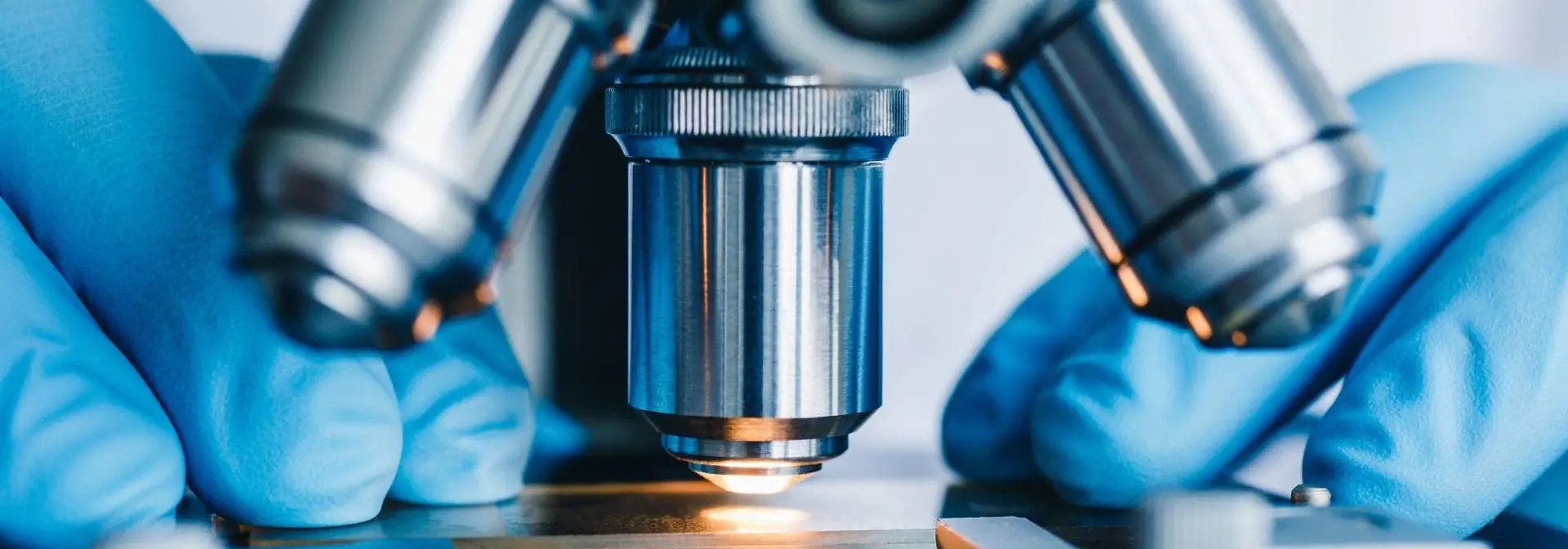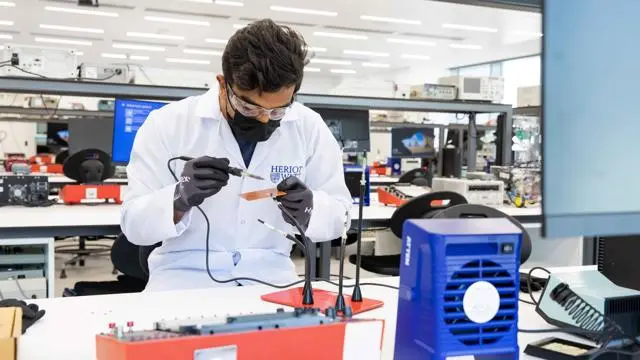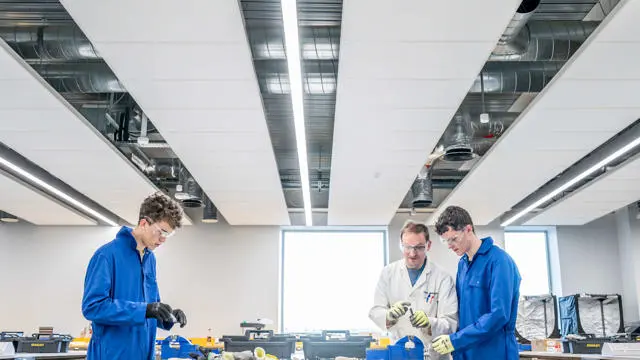PhD opportunities

PhD projects and funding opportunities in School of Engineering & Physical Sciences.
PhD vacancies
PhD projects and funding opportunities in School of Engineering & Physical Sciences:
PhD projects in Institute of Biological Chemistry, Biophyiscs and Bio-Engineering
The Institute of Biological Chemistry, Biophysics and Bioengineering is actively recruiting researchers interested in working at the interface between the biological, chemical, physical and engineering sciences. Positions are available at all levels from Junior Fellows to Chair appointments.
For more details see how to apply.
PhD projects in Institute of Chemical Sciences
Postdoctoral Funding Routes
If you are interested in applying for any of the following funding routes, or others not listed, please contact the Head of Chemical Sciences Research Institute.
- Royal Society Newton International Fellowship
- EPSRC Fellowships
- Leverhulme Trust
- Royal Commission for the Exhibition of 1851
- Marie Curie Fellowships
- Royal Society of Edinburgh
Find out more details on our opportunities here.
If you'd like to apply, you can find more information here.
PhD projects in Institute of Mechanical, Process and Energy Engineering
We offer PhD projects to UK, EU and international students in various areas that fall in the research initiatives of our institute.
Most of these projects are identified as potentially having studentship support, either by EPSRC which is usually restricted to UK students only who have (or expect to obtain) a first or 2:1 degree in a relevant subject. However, projects could equally run with students supported by other means (e.g. overseas students with their own external scholarships, self-funded, etc.) with an equivalent qualification.
You can find more information about this institute and its academics by looking at the pages for the Institute of Mechanical, Process and Energy Engineering. Please direct informal queries for further project information to the individual project supervisor.
For more details see how to apply.
For General Enquiries please contact Institute PGR co-ordinator: pgr.IMPEE@hw.ac.uk
PhD projects in Institute of Photonic and Quantum Sciences
Opportunities leading to a PhD degree are available within the various research groups. The Institute of Photonics and Quantum Sciences has over 80 postgraduate PhD students. To enter our PhD programme you require an upper-second or first class MPhys/MSci/MEng degree, or a good performance at Masters level, in Physics, Engineering or a suitable related subject. Only under exceptional circumstances will BSc-only graduates be considered for the PhD programme.
The typical period of study for a PhD is 3½-years full-time or 4-6-years part-time. Part-time students can be based in another organisation, provided that appropriate research and supervision arrangements can be made. Postgraduate work experience will also be taken into account when assessing applications.
We have a number of studentships available each year funded by EPSRC (Engineering and Physical Sciences Research Council) for home students. Postgraduate students are encouraged to contribute to the teaching activities of the School, both for the experience and as a method of earning some additional income.
Overseas applicants should check the University’s entry standards for English language skills.
Up to three University Scholarships may be available for outstanding overseas students each year. Entry qualifications for non-UK students are determined on an individual basis.
For more details see how to apply.
General Opportunities
Most of the projects in the list above are identified as potentially having EPSRC studentship support, which is restricted to UK resident students only. Although the usual start date is in October, we can take students at other times of year.
The projects could equally run with students supported by other means, which in many cases have no nationality restrictions. However, the number of studentships in this case is very limited and the competition is high. The studentships available include:
- Centre for Doctoral Training in Applied Photonics: Successful candidates will have their fees paid and receive an annual stipend. For company employees who study the EngD, the funding arrangement is different, as the company continues to pay the salary of the employee and the company contributes financially to the input given by the Centre and Academic Supervisor. For more information please visit the Centre for Doctoral Training in Applied Photonics website.
- Partial Scholarships The scholarships provide full fees and a contribution towards maintenance for up to three years. Please also visit our scholarships pages.
- Fees Only Scholarships: These scholarships provide full fees for up to three years. Further information can also be found on our scholarship pages.
Note that each studentship award scheme may have different closing dates and you should check carefully the websites before you submit an application. In addition, there may be EPSRC project studentships available in the Department, which can support UK, EU or possibly Overseas students. Some of the projects may be advertised on the Find a PhD website.
Contact: Prof. Jonathan Leach, Postgraduate Research Co-ordinator, tel +44 (0) 131 451 4174, e-mail J.Leach@hw.ac.uk
PhD projects in Institute of Sensors, Signals and Systems
We offer PhD projects to UK, EU and international students in various areas that fall in the research initiatives of our institute.
Most of these projects are identified as potentially having studentship support, either by EPSRC which is usually restricted to UK students only who have (or expect to obtain) a first or 2:1 degree in a relevant subject. However, projects could equally run with students supported by other means (e.g. overseas students with their own external scholarships, self-funded, etc.) with an equivalent qualification.
You can find more information about this institute and its academics by looking at the pages for the Institute of Sensors, Signals and Systems. Please direct informal queries for further project information to the individual project supervisor.
For more details see how to apply.

